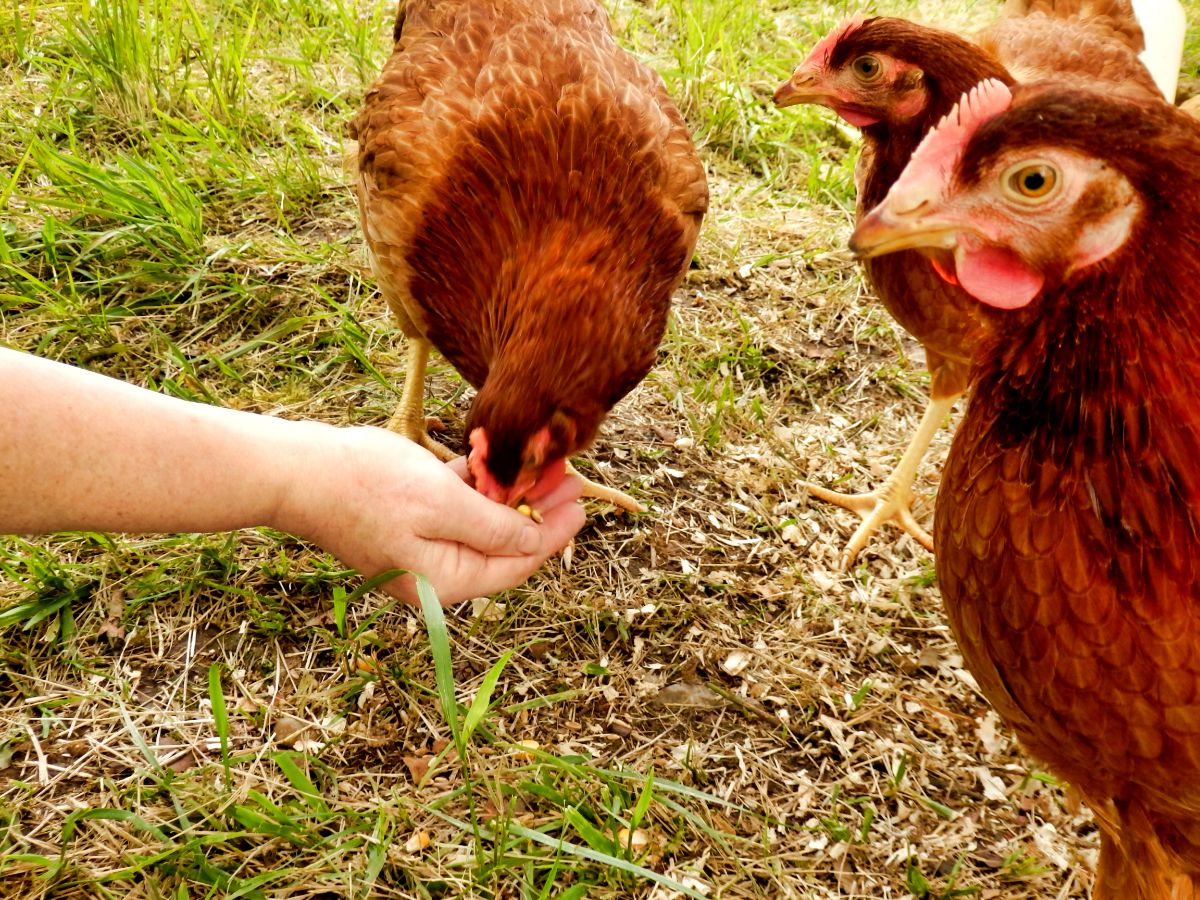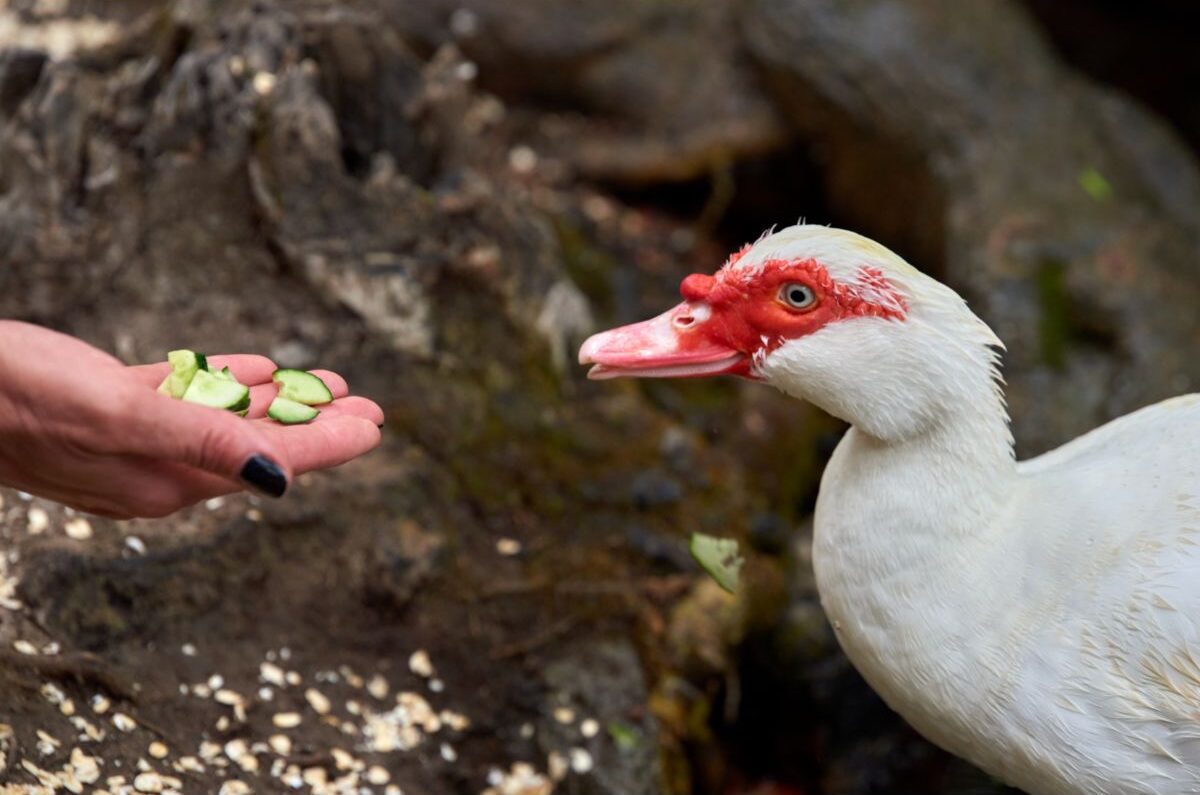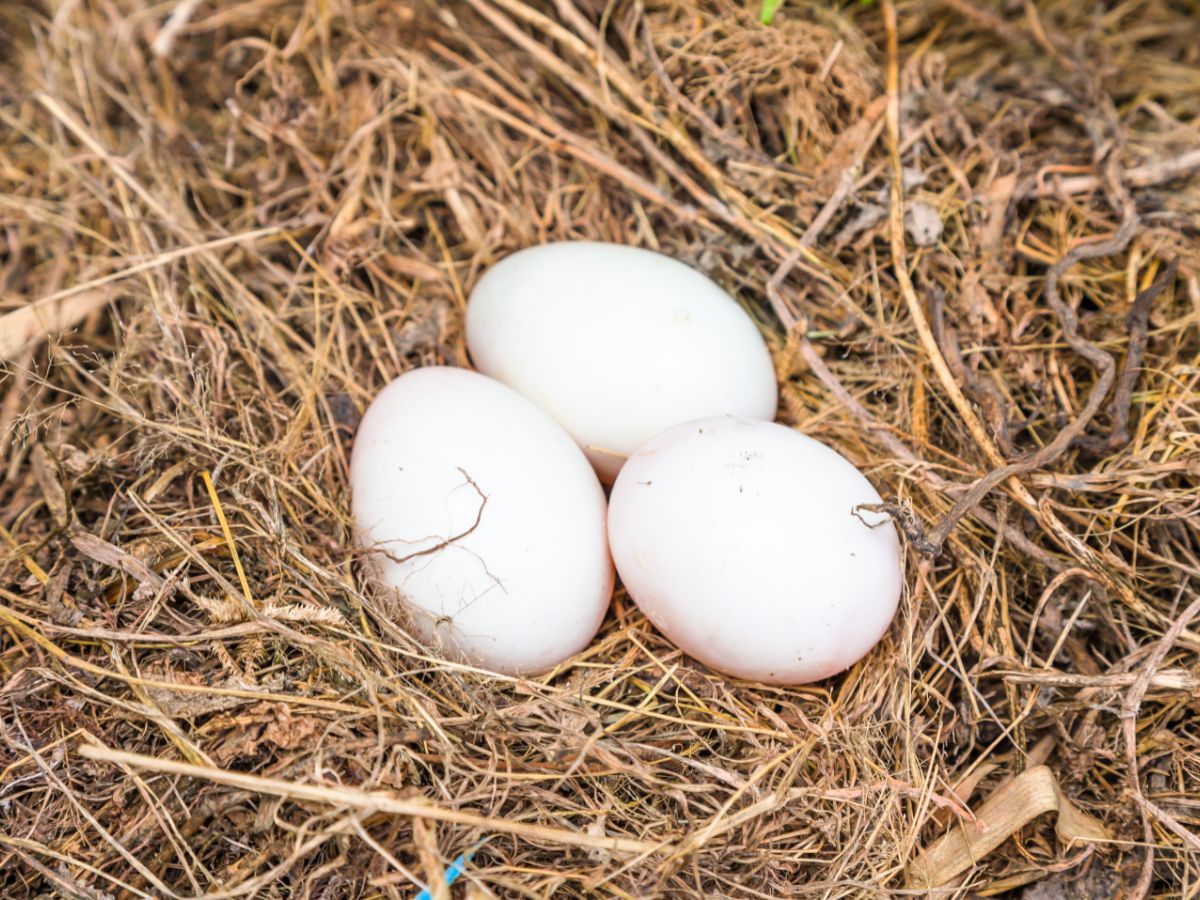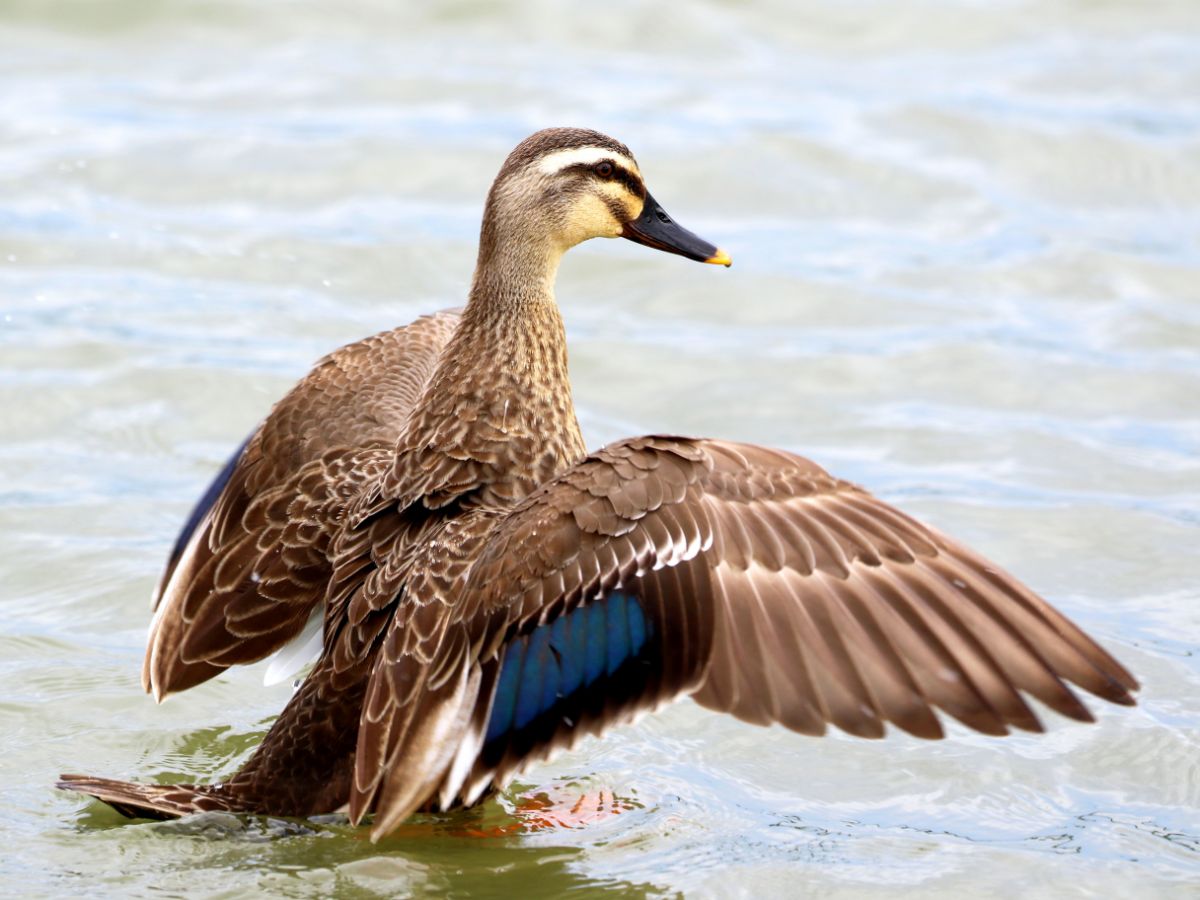If chickens do not get enough protein in their diet, egg production drops, and the size of the eggs they lay decreases. Not eating enough protein can also lead to health complications. If your chickens need a protein boost, what high-protein foods can you give them?
The best high-protein foods for chickens are cooked eggs, mealworms or black soldier fly larvae, fish or fish meal, and meat scraps. Rich plant-based protein sources are pumpkin and sunflower seeds, sprouted lentils, fresh or frozen peas, dried sea kelp, and sprouts.
Your chickens will appreciate these high-protein treats, especially when they need extra protein in their diet. Remember that too much protein is just as harmful as too little protein – moderation is vital. This article discusses the best high-protein foods for chickens and when you should add them to their diet.
Contents
Why do chickens need protein in their feed?
Protein-rich feed is important for chickens because it helps them repair their bodies and grow. In addition to the formation of new feathers, the production of protein in eggs also requires protein. As a rule of thumb, chicken feed should have a protein content of 16-20%.
Signs that your chickens are eating too little protein
- Weakness and fatigue: when chickens don’t get enough protein, they can become tired and weak because their bodies don’t have enough nutrients to repair and grow.
- Problems with feather growth: Protein is important for the production of feathers. If chickens are not getting enough protein, they may have trouble renewing their feathers.
- Reduced egg production or poor quality eggs: Protein is also important for the production of protein in eggs. If chickens receive too little protein, they may lay fewer eggs or produce eggs with lower protein content.
- Susceptibility to disease: A protein deficiency can weaken chickens’ immune systems, making them more susceptible to disease.
Therefore, it is important that chickens receive adequate protein-rich feed to support their health and performance.
Signs that your chickens are eating too much protein include
- Increased ammonia levels in the coop: Chickens produce ammonia when they digest protein. If chickens are getting too much protein in their feed, this could lead to increased ammonia levels in the coop. High levels of ammonia in the coop can be uncomfortable for chickens and possibly lead to respiratory problems.
- Increased feed consumption: If chickens get too much protein in their feed, they might not be able to use all the nutrients from the feed, which could result in lower feed utilization.
What Are The Best High Protein Foods For Chickens?
The best high-protein foods to give chickens are:
- Cooked eggs
- Mealworms – live or dried
- Black soldier fly larvae – live or dried
- Earthworms
- Fish or fish meal
- Scraps of meat
- Pumpkin seeds
- Sunflower seeds
- Sprouted lentils
- Fresh or frozen peas
- Parsley
- Kelp
Cooked Eggs
Eggs are the richest source of protein for chickens. You can feed them hardboiled eggs (shell and all) or scrambled eggs. Avoid feeding chickens raw eggs because you do not want to encourage them to eat their own eggs!
When eggs are cooked, the protein is more digestible, and chickens can absorb more of it. A raw egg only contains 50% digestible protein. A cooked egg contains 91% digestible protein!
Mealworms
Chickens absolutely adore mealworms*, so they are the perfect high-protein snack. Live mealworms contain 49% protein, while dried ones contain 36% protein.
Packets of dried mealworms are readily available online. Another option is to farm mealworms for your chickens. They are very cheap and easy to breed. All you need are kitchen scraps! Click here for instructions on how to grow mealworms for your chickens yourself.
Black Soldier Fly Larvae
Soldier fly larvae* are another high-protein treat that chickens go bonkers for. Dried black soldier fly larvae contain between 36 and 63% protein!
It is very easy to raise black soldier fly larvae for your chickens if you have a compost heap. They are also readily available online.
Earthworms
Chickens naturally eat earthworms when they forage. Earthworms* are an excellent protein-rich food for chickens.
Going around the garden collecting earthworms to feed your chickens can be tedious. You can easily raise earthworms for your chickens with a worm farm*.
Fish Or Fish Meal
Fish meal is often added to commercial chicken feed to bolster its protein content. Fish meal is a wonderful source of protein for chickens. It contains between 61 and 72% protein.
You can buy fish meal to add to your regular chicken feed, or you can give your chickens fresh fish like sardines. Don’t worry – fish does not affect the flavor of hen’s eggs!
Meat Scraps
Scraps of cooked or fresh, raw meat are a great high-protein addition to chickens’ diet. The only meat you should not give to chickens is chicken. Some people do, but it is not advisable.
Never, ever give chickens spoiled meat! It will make them sick and can even cause them to die.
Pumpkin Seeds
Pumpkin seeds* have a surprisingly high protein content – around 31 to 33%! Give chickens fresh pumpkin seeds or dried, raw pumpkin seeds. Avoid feeding them roasted, salted pumpkin seeds.
Sunflower Seeds
Sunflower seeds* are another great high-protein snack for chickens. They contain about 26% protein.
Many people like to grow sunflowers in the garden and feed chickens the flower heads once they have seeded.
Sprouted Lentils
Lentils are high in protein and are a good food to give to chickens. Sprouted lentils contain about 26 to 30% protein.
It is very easy to sprout lentils, and they are a cheap source of protein for chickens.
Peas
Fresh or frozen peas are one of chickens’ favorite treats. They are high in protein – around 23%.
Either grow peas for your chickens in the garden or give them frozen supermarket peas. Avoid feeding chickens tinned peas because they are high in salt, sugar, and preservatives.

Sprouts
Sprouts are a good source of nutrients, including protein, and can be a healthy addition to chicken diets. The protein content of sprouts varies by variety, but in general they contain relatively high amounts of protein compared to other vegetables.
One cup of chopped sprouts from various seeds, such as mung beans, usually contains about 3-4 grams of protein.
Kelp
Dried sea kelp is an excellent addition to chicken’s diet. Kelp is rich in protein and contains many nutritious vitamins and minerals.
You can buy dried sea kelp flakes that are made for chickens. They only need a small amount added to their regular feed to reap the benefits.
When Do Chickens Need Extra Protein?
Adult chickens generally need feed with around 16-18% protein, but at some stages of their life, they need more protein.
- Molting chickens need extra protein in their diet as it helps them regrow their feathers. Feathers comprise 75% protein, so their bodies need to eat more protein to produce them.
- A little more protein helps keep chickens warm during very cold winters. When the ground is covered with snow, chickens struggle to forage for worms, insects, and frogs, so their protein intake drops.
- When you want to collect hens’ eggs and hatch them out, feeding a high-protein diet helps with egg quality. The chicks will have the best start to life possible if hens are given a little extra protein.
- If chickens have experienced a stressful event like a predator attack, some high-protein snacks will help to calm them down.
Avoid Giving Chickens Too Much High Protein Food!
It is crucial to remember that these high-protein foods cannot be fed to chickens as a substitute for their regular feed. They are treats that should only be given to chickens on occasion in small quantities.
Eating too much protein is bad for chickens, leading to issues with their kidneys and even fatal kidney failure.
Conclusion
Giving chickens high protein foods together with their normal feed is helpful sometimes. Excellent choices of high protein foods for chickens are cooked eggs, mealworms or black soldier fly larvae, fish or fish meal, meat scraps, pumpkin seeds, sunflower seeds, sprouted lentils, peas, kelp, and sprouts.




